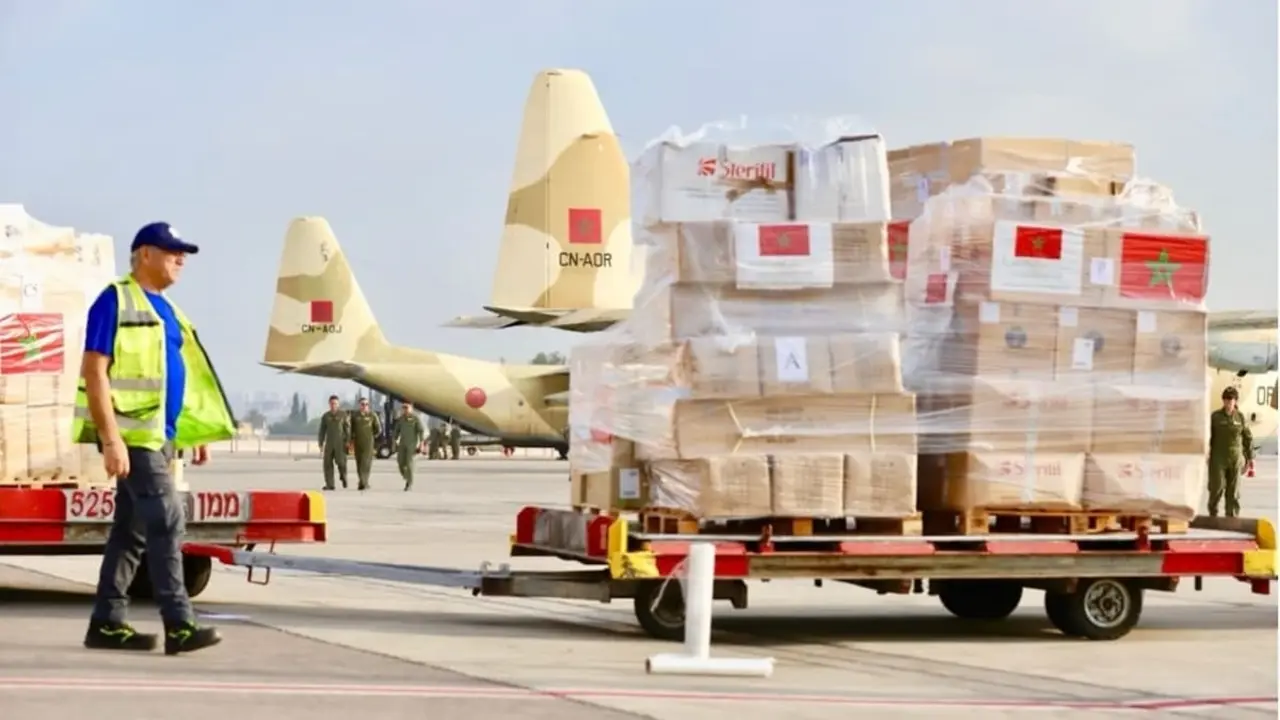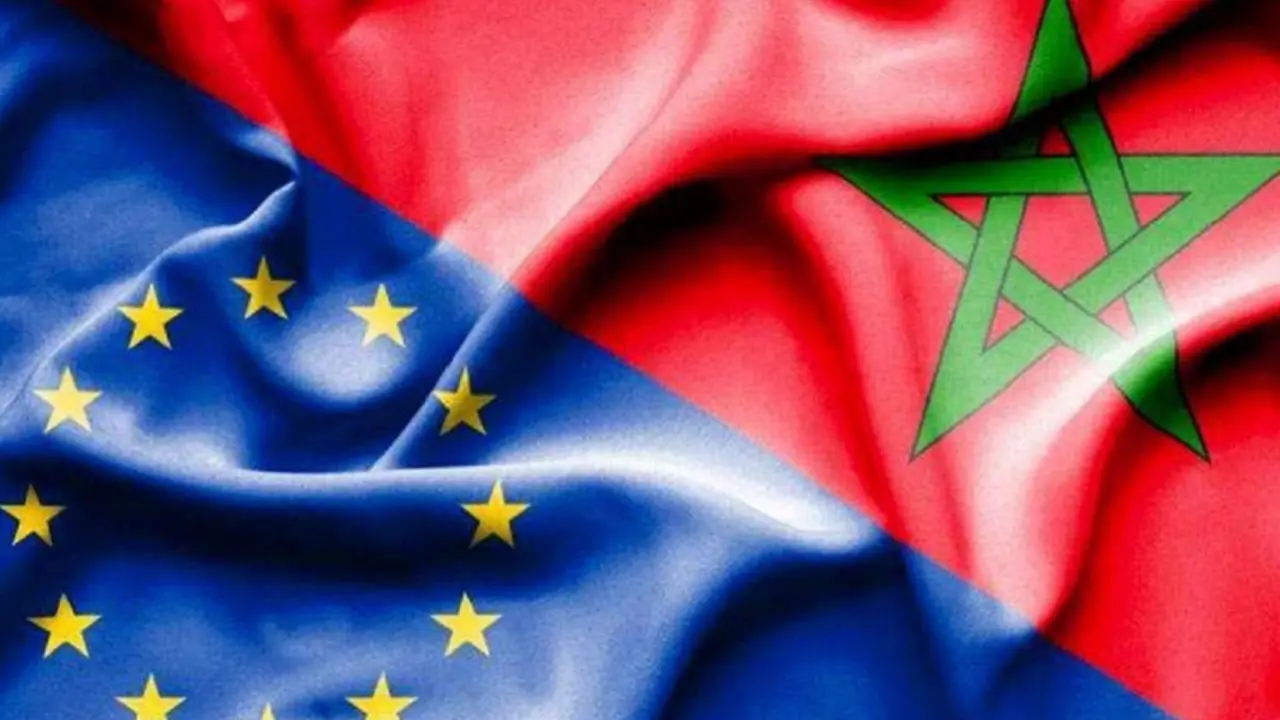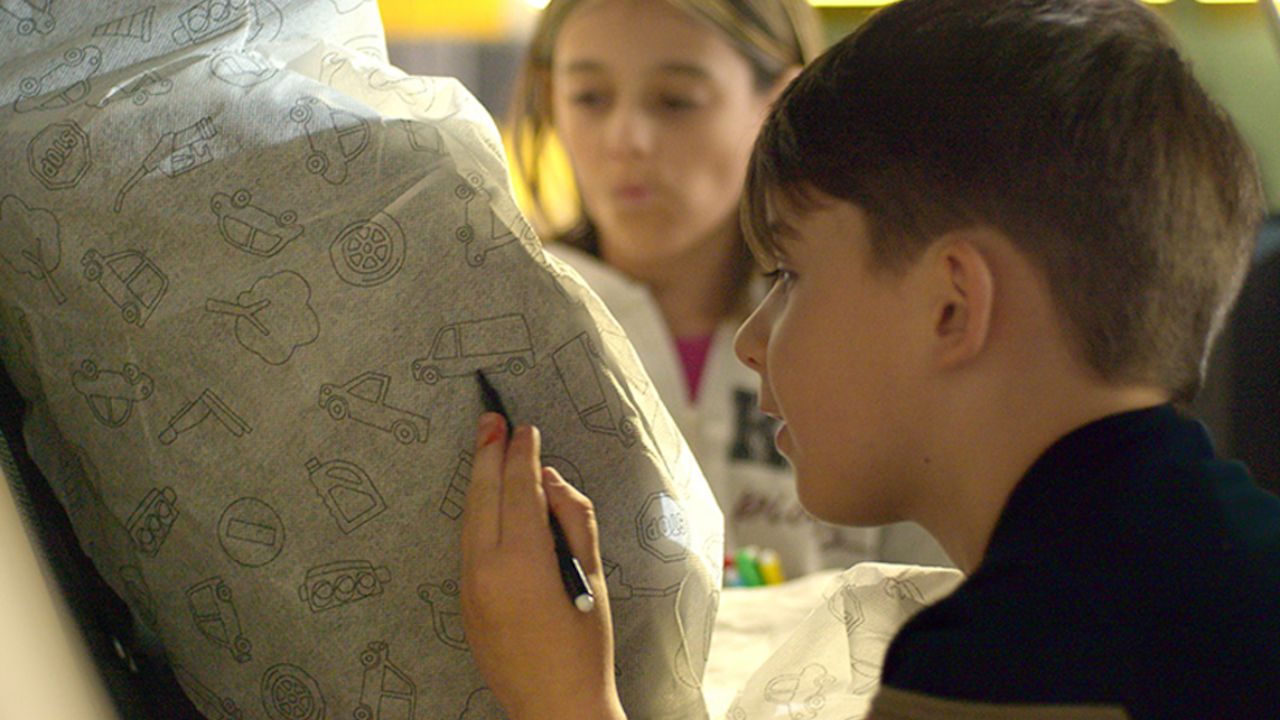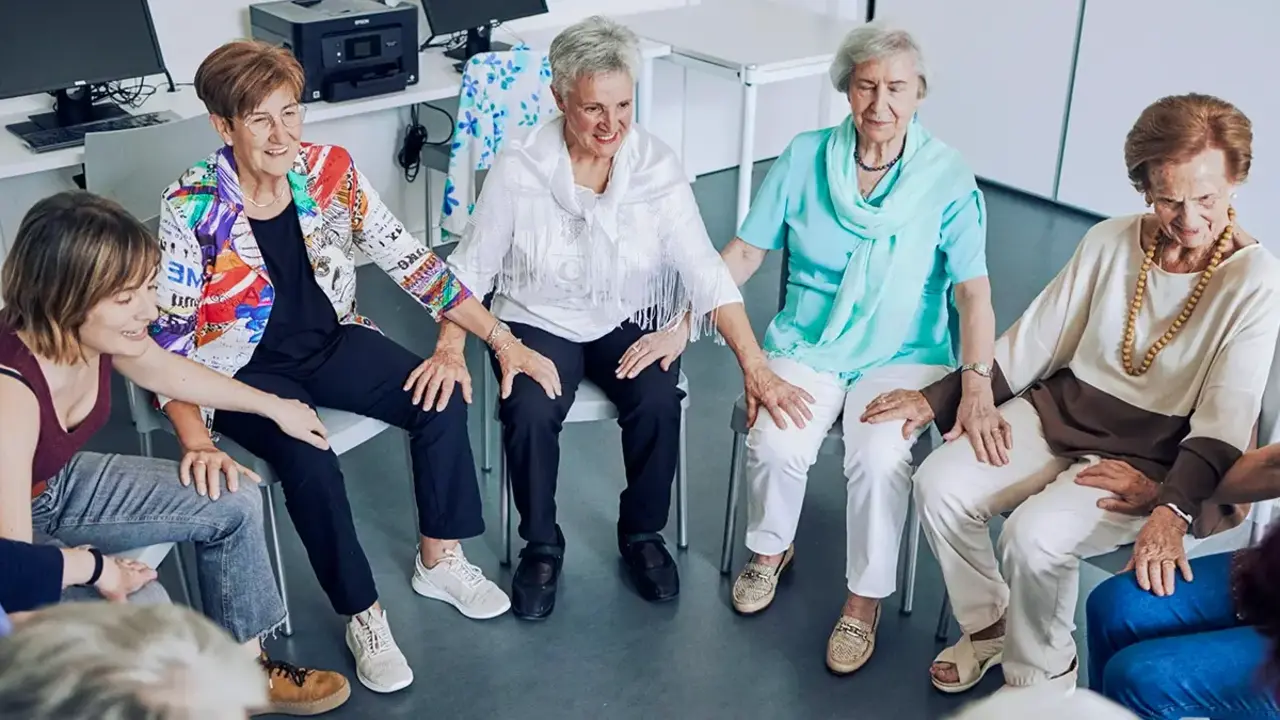CaixaForum Madrid hosts a cycle organised by the "la Caixa" Foundation Chair in Economy and Society

The "la Caixa" Foundation Chair in Economics and Society is hosting a new cycle of reflection and debate at CaixaForum Madrid, which aims to explore the relevant issues of our time from a humanistic, social and economic perspective. Until December 2, at 7:30 pm, the doors of the cultural centre will be open to receive renowned academics from our country, who will cover topics such as climate change, Judeophobia and anti-Semitism; Spain's presence in the EU; the intergenerational dimension of inequality in our society; and elementary passions and their social uses.
This cycle, coordinated by the holder of the Chair, José Luis García Delgado, will be held in the form of master classes, each comprising three sessions. The cycle was inaugurated on September 30th, with the virtual conference 'The coronavirus crisis: a radical change in the world order' by Shlomo Ben Ami, Vice President of the Toledo International Centre for Peace. Ben Ami analysed the change that the pandemic crisis will bring about on a global scale, comparing it with the 'Spanish flu' that struck our country in the 14th century. Emilio Cassinello, Director General of the Toledo International Centre for Peace and Spanish Ambassador, was responsible for presenting and introducing the event.
After the opening lecture, the public will be able to enjoy free master classes by renowned academics. On 5, 6 and 7 October CaixaForum Madrid will host the sessions 'Judeo-phobia, anti-Semitism and the Holocaust: a current view of three historical challenges', by Enrique Moradiellos, Professor of Contemporary History at the University of Extremadura and winner of the 2020 National History Prize. Moradiellos will offer an updated overview of these three related phenomena that are so important for the history of humanity.
On 26, 27 and 28 October, José Luis Malo de Molina, former director of the Banco de España, will give a talk on 'Spain's presence in the EU: from the euro crisis to the health crisis', drawing a line in time that will describe the complex governance of the EU from the euro crisis to the scenario opened up by the pandemic.
On 16, 17 and 18 November, Olga Cantó, Professor in Economics at the University of Alcalá, will give her master's class on 'The generational dimension of inequality: redistribution and equal opportunities'. She will critically review the evidence on the relationship between inequality and equal opportunities in Spain, Europe and the OECD countries.
On 23, 24 and 25 November, Amelia Valcárcel, Professor of Moral and Political Philosophy of the Spanish National University of Distance Learning (UNED), and also a member of the Spanish Council of State, will visit the cultural centre to explain the basic passions and their social uses: violence, envy and hypocrisy. Three master classes where emotions will be studied, paying attention to which passions are knotted up and the ways in which they are tempered in traditional societies and stable democracies.
And to complete this interesting programme of debate and reflection, Xabier Labandeira, Professor of Economics at the University of Vigo, will be landing at CaixaForum Madrid on November 30, December 1 and 2 to offer his vision on the economic implications of climate change and the alternatives for its mitigation; with his master class 'Climate change: economy and public policies'.








